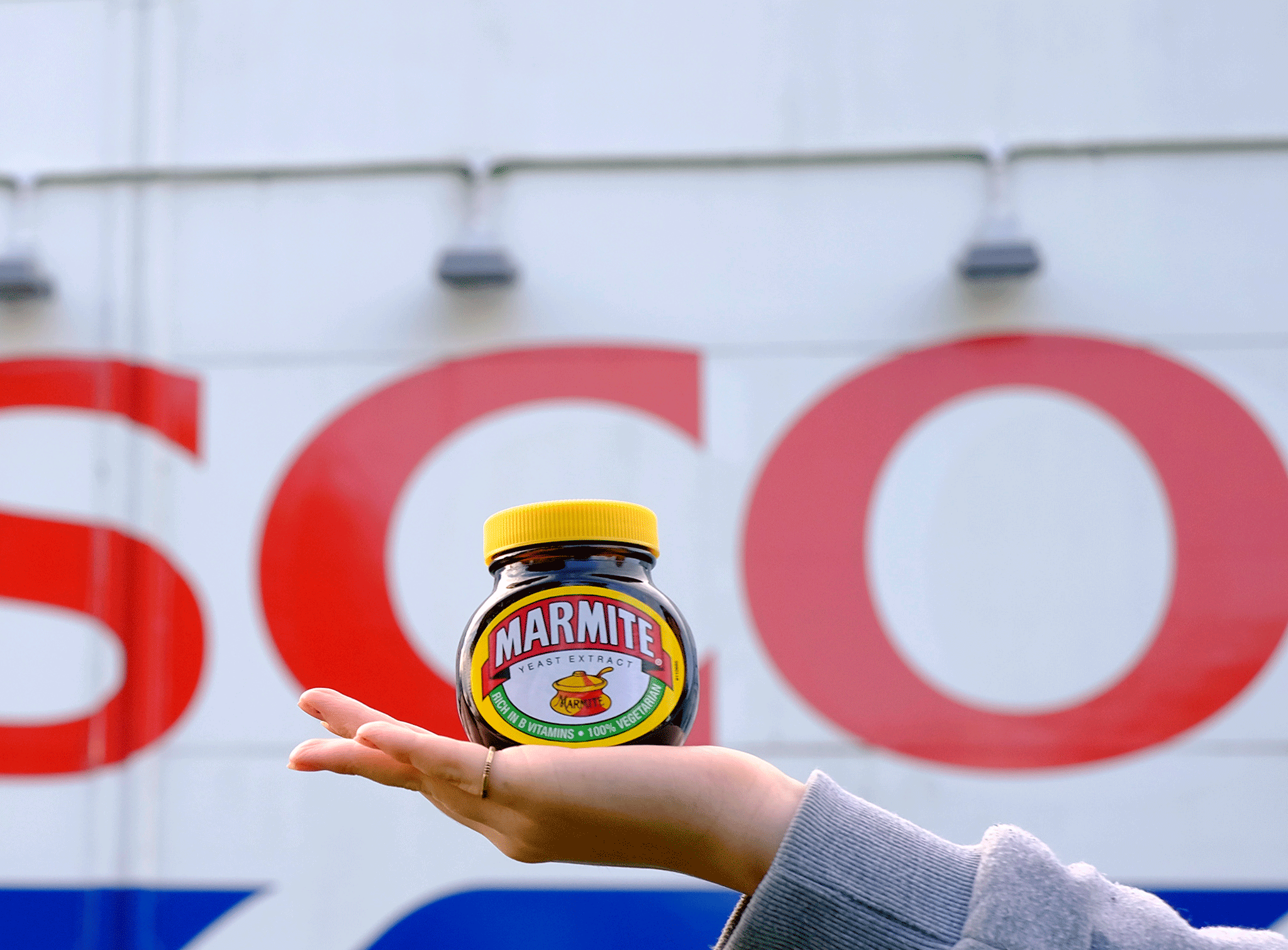Tesco v Unilever is over but the real Brexit battles won’t be so easily settled
Tesco took Unilever’s brands off its shelves after Unilever tried to force price rises through, blaming Brexit. They’ve now compromised but it's hard to see the EU doing the same with the UK’s hardline Brexiteers

The short-lived battle between Tesco v Unilever is over. I had characterised it as a corporate Ali vs Foreman, the Rumble in the Retail Jungle. We probably know who to cast as Muhammad Ali now. Step forward Tesco. The heavyweight champion of the humble consumer. Or so it has been portrayed.
It’s quite a turnaround. For a long time Tesco’s public image has been anything but the greatest. Has chief executive David Louis suddenly acquired some of the chutzpah of the Louisville Lip?
Well, no. It’s not him who has been floating like a butterfly and stinging like a bee to the corporate backside of Unilever.
Mr Lewis had the tabloid press not just in his corner but in the ring with him, helping him to knock over his big supplier. For which he used to work.
Hang on a minute, I hear you cry. Weren't we supposed to be getting on supermarkets’ cases for being mean to their suppliers? Didn’t Tesco find itself engulfed in scandal as a result of the way it booked discounts demanded from those suppliers that led to a huge overstatement of profits and an even bigger scandal before Mr Lewis was called in to clean up the mess?
All true. But Brexit-backing tabloids had considerable interest in portraying Tesco as the hero this time, the doughty defender of the consumer, willing to take its shoppers’ favourite brands off its shelves because their meanie of a maker wanted to raise prices.
Their shrill backing for leaving the EU was heard by their readers. Were those readers to get hit in the pocket as a result of the pound falling they might have started to ask why they were told Brexit wouldn’t hurt. They might have started to cast around for someone to blame. Here’s an easy solution: blame Unilever.
Now, to be fair, this row wasn’t all about Brexit. Unilever was doubtless trying it on a bit in an attempt to push through 10 per cent (rumoured) price rises and flatter its margins. But that’s business. If Tesco thought it could do the same it would. There’s nothing like an improvement in margins to cheer up your shareholders.
However, while many, most, big companies will have currency hedges in place, they will eventually unwind. The increased costs of importing goods will eventually be passed on to UK consumers.
No need to worry about that now, though, is there? The two sides are making nice again. Marmite and Ben & Jerry’s are back on Tesco’s online shelves. A compromise has been reached, as I predicted it would.
Tesco gets to celebrate a PR win, and Unilever won’t suffer too much from it because it’s not that well known outside business circles. It might even benefit. Its brands have received some free advertising through this too.
Long-term, both know fighting isn’t in the interests of either business.
Fighting isn’t really in the interests of Britain and the EU either but given the rhetoric on this side of the English Channel there’s little enough reason for Europe to play nice with its problem child and to compromise like Tesco and Unilever did.
“Hard Brexit or no Brexit,” said Donald Tusk, the Polish president of the European Council, speaking after the row had been settled.
Britain can have its marmite and posh ice cream. Unfortunately, it can’t have its cake and eat it, despite what Brexiteers told their supporters.
Mr Tusk doesn’t sound minded to compromise on issues such as the free movement of people, and why should he?
Just a negotiating position, it’ll all get sorted out, say Liberal-ish Brexit backers, still living in a sepia tinted fantasy land.
They need to wake up and smell the Marmite. It doesn’t look good, and that’s before a negotiating team of Liam Fox, David Davis and Boris Johnson get to work on unnecessarily offending the people they have to sit around the table with.
Unless someone with some sense starts knocking heads together there’s a lot worse than this storm in a Ben & Jerry’s ice cream pot to come. Perhaps we should ask David Lewis to help find some common ground. He couldn't do any worse than that lot.
Join our commenting forum
Join thought-provoking conversations, follow other Independent readers and see their replies
Comments
Bookmark popover
Removed from bookmarks